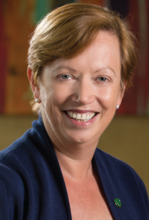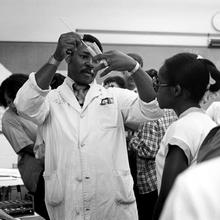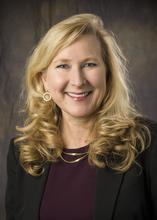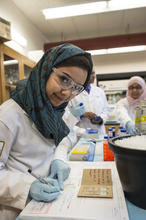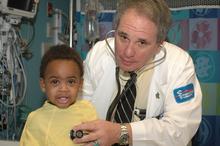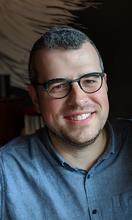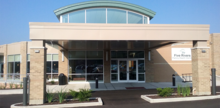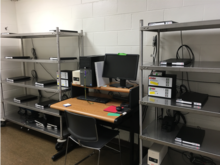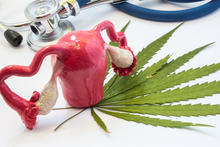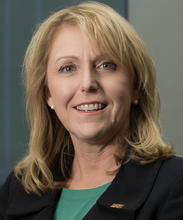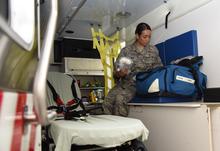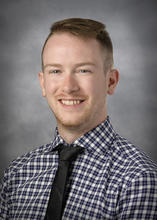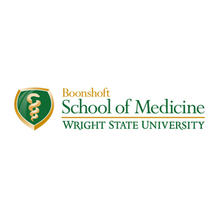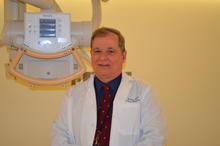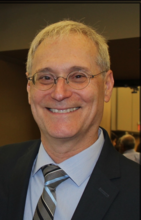All of us at the Boonshoft School of Medicine are fortunate to witness the passions of our students. Their curiosity and energy seems to shine more brightly each year. Medicine is an ever-changing profession. Thankfully, there is even more to know and do.
Clearly, the pursuit of a medical education has changed over time. We are at the forefront of these new developments, exemplified by the technologies and educational science leveraged throughout our curriculum, and the outstanding achievements in research our faculty make every year. We have built on these strengths to offer the most supportive and collaborative learning environment of any medical school in Ohio.
One of our greatest assets is the commitment we have to advancing diversity, which dates back to our founding. We are a national leader in these efforts, routinely besting much larger schools in attracting the best and brightest students from every background and circumstance.
Valuing difference is one of our hallmarks, as we believe our students are best readied for medical practice when they understand and reflect the communities they serve. The progress makes us seem prescient, as studies show that organizations work best when they embrace and celebrate diversity. We welcome the news, but for us it was always simply the right thing to do.
Look no further than Horizons in Medicine, which this year celebrates its 40th anniversary. This program has supported the dreams of countless disadvantaged and underrepresented high school students from the Dayton area, developing their potential for health care careers. Those who participate boast an 80 percent college admissions rate, and many of the program’s alumni have gone on to attend the Boonshoft School of Medicine every year.
We are so proud of all that has been accomplished, and yet we know that more work remains to be done. Our students both inspire and propel our progress, as the work of student groups continues to build supportive networks and communities that promote acceptance and understanding at our medical school.
Much of their strides have been facilitated by the work of the Office of Diversity and Inclusion. Building on that, our new Diversity and Inclusion Program manager at the Boonshoft School of Medicine is striving to advance our school through recruiting and supporting faculty members from minority and underrepresented backgrounds.
We feature these and other truly outstanding people in this edition of Vital Signs. One of our remarkable M1s shares her arduous journey to medical school through warzones and military hospitals as a medical technician in the U.S. Air Force. And two alumni detail efforts to launch the Global Health Clinic within our Family Medicine Residency Program to aid refugees to Dayton.
Our medical school’s efforts to strengthen health in our local communities also have potential to impact medical care across the nation. You’ll learn about a former chair of pediatrics who has established a scholarship dedicated to students interested in pediatrics and related areas of primary care. Our associate dean of medical education shares some of her journey after completing her 26th year at the Boonshoft School of Medicine, and we spotlight one of our dedicated volunteer faculty who has served students for more than a decade.
I hope you feel the same inspiration I do as you read their stories. They’re proof of the passions that underscore everything we do at the Boonshoft School of Medicine. It’s why we have been able to accomplish so much. Our students, faculty, and staff know that our strengths come through leveraging our community’s unique backgrounds and perspectives. We have tirelessly committed to the rewarding work of changing lives — one person at a time, face to face, day after day.
What we do here at the Boonshoft School of Medicine is truly special. Without the support of the Wright State family and our alumni and friends, none of this would be possible. I want to thank you for your continued devotion to our mission and for zealously supporting the welcoming and uplifting spirit that makes our medical school so great.
Margaret Dunn, M.D., M.B.A., FACS
Dean

